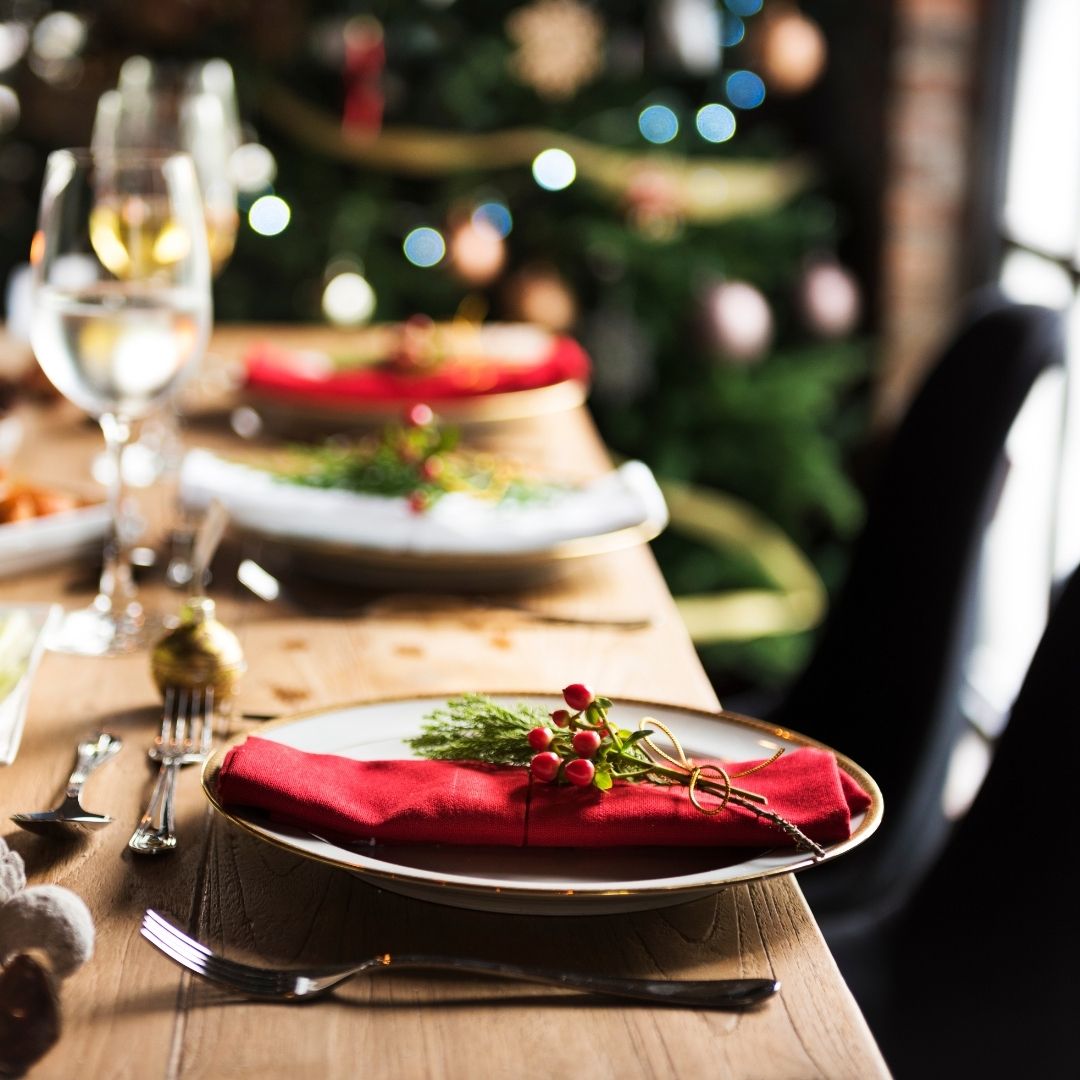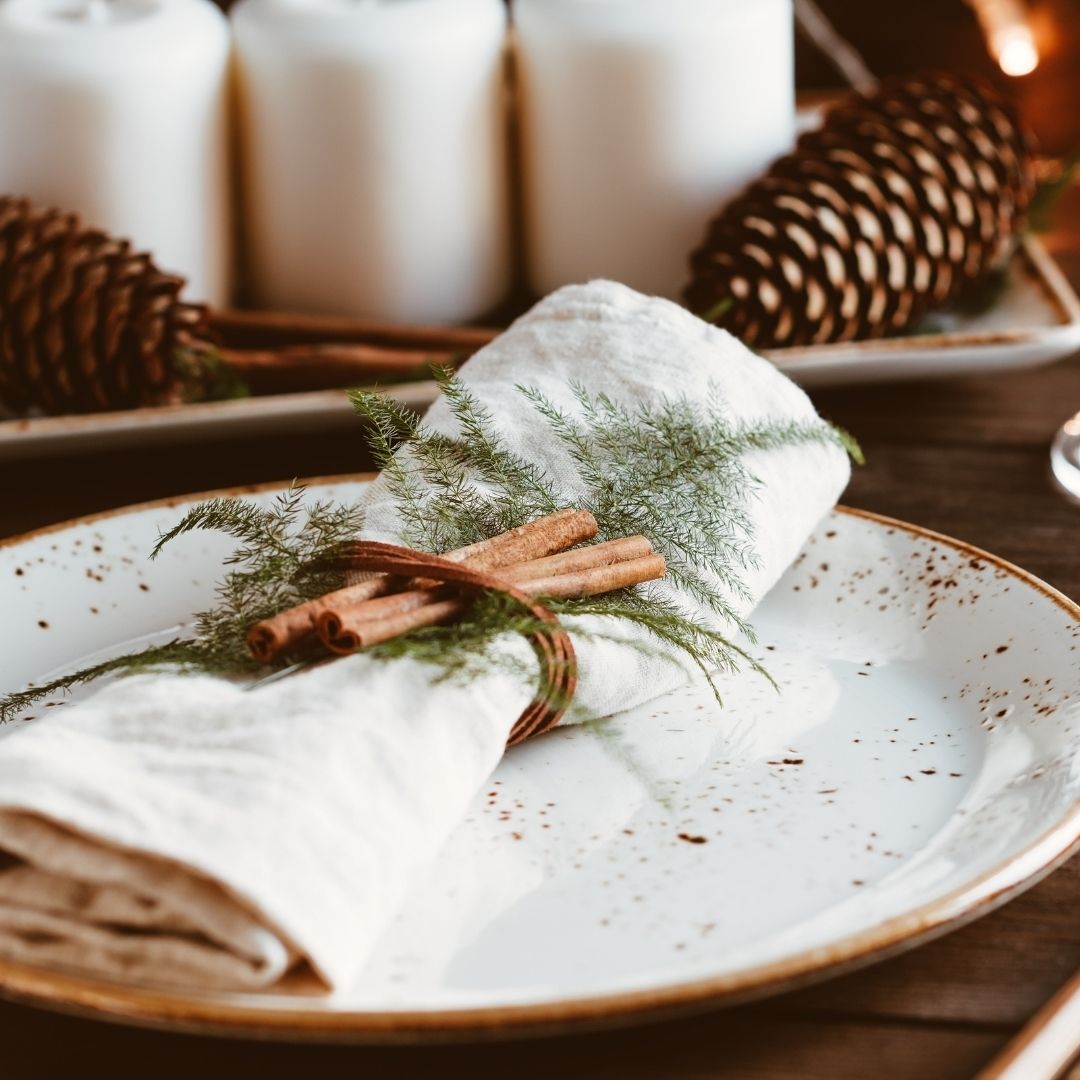
A Nutritionist’s Favourite Ingredients for a Christmas Dinner
Christmas is just around the corner, and some of you may already be daydreaming about preparing the perfect Christmas dinner.
Christmas dinners are known to be rich, comforting and delicious. Why not add nutritious to these list of adjectives this year as well? Make this year’s Christmas menu a nourishing one, and finish your plate (or three) feeling clear-minded and satisfied.
Thinking of putting your feet up this Christmas? Order Kurami’s special Christmas Eve dinner for you and your family: let us take care of your meals so that you can kick off your shoes, and focus on what is truly important.
Before the time comes, here are our nutritionist’s favourite ingredients to make a wholesome and filling Christmas dinner:
1. Potatoes (and sweet potatoes!)
The humble British spud is a versatile ingredient that can be mashed, baked, roasted and added to endless stews and curries. Packed with carbohydrates, our main energy source, potatoes are eaten as a starchy food and is gluten-free. Potatoes are naturally low in saturated fat, whilst providing potassium and thiamin. They can also offer useful contributions to vitamin C and dietary fibre.
Sweet potatoes are usually grown in warmer climates that offer similar culinary properties. The orange colour means they are also a source of beta-carotene that can be converted to vitamin A in our body!
A personal favourite is a potato and sweet potato gratin.
2. Carrots
A root vegetable which is nothing out of the ordinary. Carrots are the best way to bulk up any meal, from stir-fries to a roast vegetable medley. Its orange colour comes from the beta-carotene that it contains, contributing to our intake of vitamin A. Carrots also come in different colours such as purple and yellow.
Additionally, this vegetable is rich in water and serves as a source of dietary fibre too.
Description of the ingredient and why.
3. Turkey
Turkey is a poultry that is usually served at Christmas. Considered a lean source of protein, turkey also provides nutrients such as niacin, vitamin B6 and the mineral phosphorus.
Apart from eating it whole, turkey meat and mince are widely available for those who are thinking of cutting down red meat. Leftover turkey meat is also great for sandwiches too!
4. Brussel sprouts
Christmas cannot go without these mini cabbages -- best sauteed in garlic, and cooked in its own steam. Brussel sprouts are packed with water, the water-soluble vitamins C, K and folic acid, as well as plenty of fibre. Eating plenty of vegetables can help lower the energy density of any meal, whilst also helping you to feel fuller for longer.
5. Dried fruit
From apricots to sultanas, dried fruits are an easy addition to breakfast, lunch, and dinner; you can even include them in your favourite bakes for an extra burst of robust flavour and texture. When fruits are dried, this also means that they contain a higher amount of concentrated sugar, therefore they are best eaten alongside other foods. We recommend a handful of nuts or pot of yogurt! Many dried fruits also serve as a source of iron and potassium.
A 30g portion (around a handful) counts as your 5 A DAY.
Overall…
Adding just a touch of nourishment to your Christmas meals, whether it be through an addition of a few more vegetables and whole grains, or eating more fruit in between each meal, has the potential to make a difference in your digestion, energy levels, and mood.
Let this Holiday season be a loving, positive and nourishing one. Order your meal path today, and let us pamper you this Christmas with our nutritionist-approved and chef crafted meal paths. Order now to receive our Christmas specials this Christmas eve.



